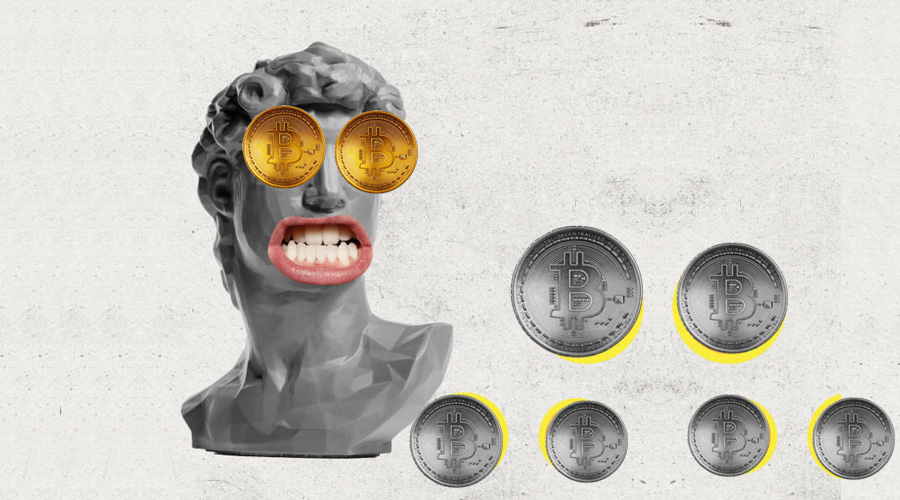
The recent volatility of cryptocurrencies, particularly Bitcoin, has drawn significant attention from investors and enthusiasts. Volatility has been a defining characteristic of both Ethereum and Bitcoin. While it may deter some investors, it also presents opportunities for substantial gains. The price swings in these cryptocurrencies have attracted traders looking to capitalize on short-term price movements. This is unsurprising as almost everyone knows that Bitcoin is a good investment for all crypto investors. As BTC experiences consolidation, holders brace themselves for the impact, but will they repeat their initial actions from the earlier uptick?
The king of cryptocurrencies brought the concept of decentralized digital currency into existence. Unlike Ethereum, Bitcoin’s primary focus is on being a secure and reliable medium of exchange. Its limited supply and decentralized nature makes it an attractive store of value, often compared to digital gold.
Created by an anonymous entity known as Satoshi Nakamoto, Bitcoin operates as a peer-to-peer electronic cash system, allowing secure and transparent transactions without intermediaries. Its finite supply of 21 million coins has contributed to its allure as a store of value and hedge against inflation.
Bitcoin’s prominence has led to broader acceptance, with major companies like Tesla and PayPal embracing it as payment. However, Bitcoin’s scalability and transaction speed have faced challenges, highlighting the need for alternative solutions.
This week, more good news for crypto enthusiasts as Bitcoin has skyrocketed 10% in the last seven days. The OG crypto’s surge is having a tremendous year, recovering much of the value it lost during the disastrous 2022. By breaching $30,000, BTC demonstrated that the recent optimistic price predictions are more than wishful thinking.
Impact of the US Inflation Rate
The US inflation rate data has served as a wake-up call for many investors, highlighting the need for diversified portfolios and hedges against inflation.
Bitcoin, known for its limited supply and decentralized nature, has become an appealing asset for those seeking to protect their wealth. Historically, Bitcoin has shown resilience during economic uncertainty, with its price often rising in response to inflationary pressures.
Reasons to Invest in Bitcoin
- Transactions with Bitcoin are frequently quicker and less expensive than those involving traditional money exchanges because no middlemen are involved. This can be especially helpful for overseas transactions, which can be cumbersome and expensive with traditional currencies.
- Bitcoin is a deflationary currency, meaning its value tends to rise over time, in contrast to traditional currencies, which tend to lose weight over time owing to inflation. Meanwhile, Bitcoin may be used for transactions anywhere in the world; it is a practical choice for cross-border trade.
- Widely used: Bitcoin is being used for increasing purchases and transactions as it is being accepted by increasingly more businesses and merchants worldwide.
- Financial anonymity: Because transactions can be done without disclosing personal information, Bitcoin offers users better financial privacy and anonymity than traditional currencies.
Reasons to Avoid the King
- Bitcoin token count is limited to computer programming. It portrays a perception of scarcity without actually being scarce.
- Although users gain ownership of digital tokens when they buy a bitcoin, they get zero control over the underlying blockchain technology.
- Even when many argue that blockchain is unbreakable, the reported thefts and fraud activities in the Bitcoin sphere are very high. It directly makes investments vulnerable to hacks.
- Unlike other investment models like gold or assets, bitcoin doesn’t drive value from any physical source.
- The regulations over Bitcoin are still a mystery in many countries. While some have never discussed it, others, like India, still decide how to manage it.




